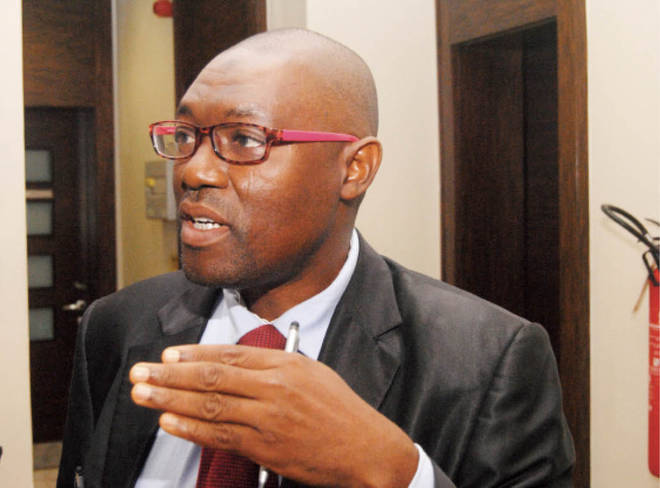
Dr Qasim Akinreti is the Chairman, Nigerian Union of Journalists (NUJ) Lagos Council. He is an assistant director at the Voice of Nigeria (VON) and online lecturer at the Nigerian Institute of Journalism, Lagos. In 2011, he co-authored a book, “A handbook for online journalism in Africa.” He spoke on many issues affecting journalists including how to be a mediapreneur, need for training and corruption in the media among other issues.
What is your view on the perceived corruption in the media?
The genesis of corruption in the media comes from the publishers who are the most guilty because they are not paying salaries as at when due. Despite the economic challenges, there are media organisations still doing well. Those who could not maintain a large number of staff, downsized. Any organisation that laid-off its staff should give them their benefits. In as much as publishers refuse to pay their workers’ salaries as at when due, the reporters device other means to survive and that is where corruption sets in.
Why is it that at every assignment, people give journalists a brown envelope? It is being referred to as transport fare but every media organisation has the responsibility of paying the transport allowance of its staff members.
When I joined the Voice of Nigeria, every week we received our transport claims. How many companies are paying the transport claims now?
Journalists who are being laid off should be paid their entitlements so they can start their lives afresh somewhere else.
What advice do you have for journalists who have lost their jobs?
I have always emphasized professionalism, training and retraining. Every journalist must have a multi-media background to survive. The people who are extremely useful to the organisation cannot be sacked. The multi-tasking and multi-talented journalists will not be affected by downsizing. If it affects them, it will be to their advantage.
There are many people who were sacked and now, they have established their own online platforms. There are so many of them but everyone must carve a niche for himself. A journalist should not be a specialist in one area.
When I joined VON, I wanted to be a different broadcast journalist. I went to study online journalism at the Nottingham State University in the United Kingdom. I encouraged my friends to also study. I went for my PhD in Mass Communication. For my first degree, I studied education at the University of Ibadan. Studying education helped me later in life when I became a part-time lecturer at the Nigerian Institute of Journalism. Now, with a PhD in Mass Communication, the sky is the limit. I can teach, write books on journalism and still keep my job.
Every journalist can become a media entrepreneur by exploring the new media. There are many examples of such entrepreneurs who are doing well. A journalist should not wait to get sacked before going for a course in online journalism or acquiring relevant training in that field. Journalists should go for trainings that will add value to their lives.
What are the challenges facing journalists in this dispensation?
Technology is a major challenge in the industry. Technology has collapsed the work of five people into that of one person. One person is an online journalist, photographer, camera man, editor and reporter.
All journalists need to respond to the realities of time by being technologically savvy in this century if they want to keep their jobs. There is the need to horn our skills by being computer literate, also know how to be an online journalist and be a technology genius. That is the way it is going now. With technology, you can do an interview via telephone, email, video conferencing and someone can even send materials to you.
Is there any sanction for journalists who demand favours before publishing stories?
If any journalist asks for money to get a story done, such a person should be reported to the ethics committee of the NUJ. But, the person must come up with facts which will be investigated. If it happens to be true, such a journalist will be shown the way out. I have not heard of anyone reporting journalists for any professional misconduct in recent times. The integrity and accountability of our members is sacrosanct.
This illegality has continued to happen overtime due to the non-payment of salaries by the owners of media organisations.
The quality of fresh Journalism graduates is low in terms of reporting and writing. What can be done about that?
It’s about the passion, the interest for the job. From my experience in the classroom as a lecturer, I can boldly say three percent of students studying that only Journalism or Mass Communication have passion for the job.
A lot of people are more interested in the glamour attached to the job, without any desire for the intricacies involved. Most of them don’t have what it takes, especially the language. When given assignments, they hardly do them, but most of the time, they find a way of graduating. For those who eventually become journalists, they should ensure that they engage in continuous training and retraining to become better.




